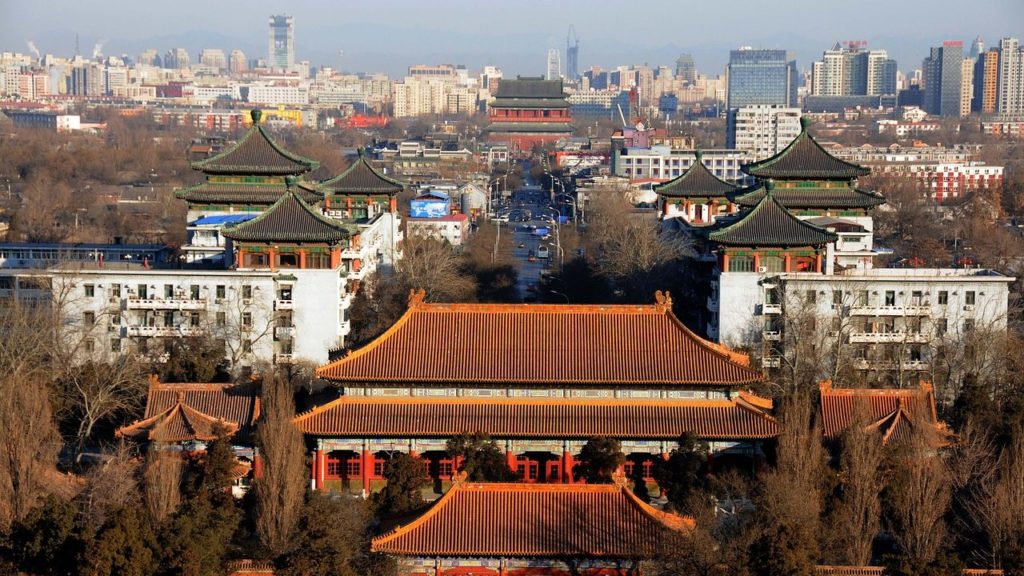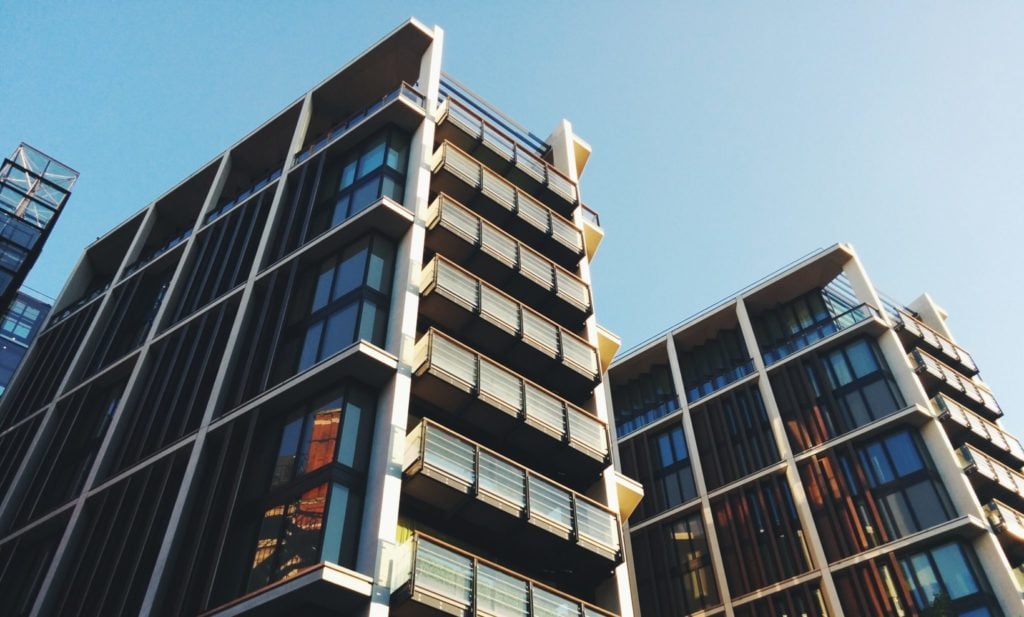Could property regulations be causing Chinese real estate investment activities to slow down?
According to new numbers from the National Bureau of Statistics of China, real estate investment has dropped overall despite being higher than it was during the month of May, in 2016.
Better Dwelling via Business Insider reports that the dip in investment could result in major price drags on China's real estate market.
The trend is up in May 2017, versus one year prior, to 75.8 million square meters of land developed and bought. This serves as a 5.3 percent increase from 2016; however, the long-term trends for investment reveal that current numbers are way down.
For the past decade, the average amount of square meterage invested in the month of May was 116 million square meters. This May's statistics are 35 percent below the established average.
However, with the Chinese government's roll out of property cooling measures sought to rein in the market could have an effect on overall investment.
Such restrictions include flooding markets with price and inventory restrictions in high urban centers.
China has long been one of the best places for the private investment of real estate as it has outpaced several European markets.
This uptick in the country's real estate investment boom could be fizzling, especially when purchase restrictions are being implemented to stabilize prices.
Plus, the market restrictions are direct challenges to speculation on real estate as long-term investment strategies. Xinhuanet reports that the national and local governments have done all they can to limit the practice of real estate investment.
Since October, local governments passed policies to raise required down payments on homes, increase mortgage rates, and has restricted a variety of real estate purchases by investors.
In December, some Beijing policymakers justified such strict restrictions on investment on the rationale that "houses are for living in, not for speculation."
Chinese officials seek to install long-term regulatory mechanisms to moderate to control the private property market. This would come with reforms like new and higher taxes, financial controls, and controlling land supply.
Is this typical of a government as big as China's? You think so? We think so.
MORE BUSINESS STORIES ON CAPITALISM.COM
• What Houzz Capital Raise, Valuation Could Mean For Home Product Businesses
• How to Find Products that Sell
• New Research Says Sex Appeal Doesn’t Sell As Previously Thought








